Two years after a pair of Humphrey School of Public Affairs professors were disciplined for sexual harassment, students say they feel frustrated and disappointed with how the administration has handled the situation.
This fall marks the full reintegration of an urban and regional planning professor into the school after he was disciplined in 2019 for sexually harassing a student. Jason Cao, who is a leader in the Master’s of Urban and Regional Planning (MURP) program’s transportation concentration, was placed under a three-year disciplinary period ordered by the former Humphrey Dean Laura Bloomberg. According to a letter of discipline, he sexually harassed a student between summer 2013 and spring 2016.
The former head of Humphrey’s human rights program, James Ron, was disciplined the same time as Cao after Ron’s former research assistant accused him of persistent sexual harassment. He resigned from the school last year.
Cao has resumed full faculty duties, including individually advising doctoral students and supervising research assistants, according to an email from Bloomberg to students at the end of March 2021. However, members of the Planning Student Organization (PSO), which represents students in the MURP program, say Humphrey leadership has not listened to students’ voices throughout Cao’s reintegration process.
“The general frustration here is them overlooking what students are saying and needing in order to move past this,” said Clare Riley, PSO’s vice president from 2020-2021. “I think that just leaving us out of the process of deciding that he is ready to be reintegrated is incredibly frustrating.”
According to a PSO board member, Cao apologized for his actions to students and faculty last school year, which some students say they appreciated. In her email, Bloomberg said Cao’s apology was voluntary, and that she believes “in the opportunity for an individual who has caused harm to acknowledge that harm and seek to repair the harm they have caused.”
“The students have every right to express their opinions,” Cao said in an email to the Minnesota Daily. “The Dean imposed discipline. I did not contest the discipline, I apologized to colleagues and MURP students, I’ve undertaken a process of personal growth that allowed me to better understand power dynamics between faculty and students, and I’ve done my very best since returning to the faculty to be a good faculty member and fulfill all my responsibilities.”
Students want solutions to a ‘perpetual problem’
Universities across the country are grappling with how to address sexual misconduct in academia. A 2019 survey conducted by the Association of American Universities found that in the 33 universities polled, 13% of all students reported experiencing sexual assault, and 41.8% experience sexual harassment. When the perpetrator is a professor, the power dynamics become even starker.
According to a 2021 research article published in the Journal of Public Affairs Education, “The relationship between a major professor and student is extremely unique; it is likely the one time in a person’s life that their future career prospects will single-handedly be determined by one sole individual.”
The Humphrey professors’ discipline was widely publicized in local media, turning the spotlight on the school administration as it navigated student and public reaction. The school became a testing ground for how an academic community could face sexual harassment within its ranks and what they decided to do next.
During Cao’s disciplinary period, he was suspended without pay for eight months. He was restricted from advising masters students and overseeing research assistants. Bloomberg also required his re-entry into the school be overseen by two faculty members, and that he develop a “professional development plan” to “broaden awareness and understanding” of sexual harassment and biases.
“My expectations for Dr. Cao’s professional development are aligned with what I hope and expect of all of us: that we seek opportunities to learn, grow and deepen our understanding of how to do our work in the best way possible, recognizing that we share responsibility for creating a healthy environment free of harassment or any sort of misconduct,” said Bloomberg in the email.
PSO board members say the problem with the administration’s response started with how incoming Humphrey students were informed of Cao’s discipline.
Anna Crouch, a former PSO board member, said that then-assistant Dean Carissa Slotterback arrived halfway through her orientation session in fall 2019 to talk to students about Cao’s past sexual harassment. To be told such shocking news in a “roomful of strangers” was also not ideal, she said.
“It was very strange, deeply uncomfortable. And a very strange turnabout from an icebreaker which had been to name your favorite karaoke song,” said Crouch, who graduated spring 2021.
PSO board members said they asked Humphrey leaders not to tell the next class of students at orientation, and suggested that they instead be informed earlier in the spring or via email. But come fall 2020, the newest Humphrey students still learned about Cao’s discipline at orientation.
Crouch later worked as Cao’s teaching assistant in fall 2020. He was the one to remind her to complete her training about identifying sexual harassment. She was disappointed that Humphrey leaders did not reach out to check in with her or make sure she knew about Cao’s discipline.
The classes of 2020 and 2021 were offered some course alternatives if students did not want to take a class with Cao, who teaches several required classes for planning students. In a public letter written last spring, PSO board members said the alternatives were not sufficient. The letter cited that students with a concentration in transportation studies were not given course alternatives with Cao, who is a core teacher in the program, because the school considered the transportation courses to be electives.
“The suggestion that a concentration, fundamental to a student’s experience at the school and their completion of their degree as intended, can be relegated to the level of “elective” is absurd and offensive,” the letter stated.
In the future, PSO board members want the Humphrey administration to inform every class of MURP students about Cao’s past and to accommodate students who don’t want to take his classes.
“As long as professor Cao is at that school, people are going to talk about it. So why not, as the administration, control that narrative and work to make students comfortable?” said Emily Anderson, the current PSO board vice president.
With Cao publicly reprimanded and continuing to teach, Humphrey leadership did not inform the newest class of students about his past discipline.
“It is not consistent with University policy, [Office of Equal Opportunity and Affirmative Action] recommendations or Humphrey School practices to communicate with students and staff about past allegations into perpetuity,” said University spokesperson Meagan Pierluissi in a statement to the Minnesota Daily.
In May 2021, the Humphrey school and the Aurora Center partnered to host a workshop “centered around the principles of trauma-informed awareness, care and support” for Humphrey faculty, Pierluissi said. The school is working with the University of Michigan theater program CRLT Players to host sessions on bystander training and microaggressions.
In Bloomberg’s March email, she cited that she expected “100% compliance” from all Humphrey faculty and staff to complete a University-required course on preventing sexual misconduct. Pierluissi said as of Sept. 16, the Humphrey School had a 78.5% completion rate for the training, noting that support roles like research and teaching assistants may leave their roles before finishing the training.
Since 2019, student activists at Humphrey have demanded leadership improve how they communicate with students about sexual misconduct at the school, particularly when it involves a professor or other person with influence over students. Students say it’s not a matter of if, but when future cases occur.
Without official word from the school, PSO board members said the burden falls upon earlier classes to tell new students about professors’ past misconduct.
“What motivates me to continue to hold the administration’s feet to the fire on this is to let them know, ‘No, we aren’t just students that are here for two years and you can just dispose of us, and ignore these things,’” said Dakota Crowell, the PSO board president. “This is a perpetual problem, and we’re going to keep bringing it up until we actually see change.”
Correction: A previous version of this story misspelled Meagan Pierluissi’s name.


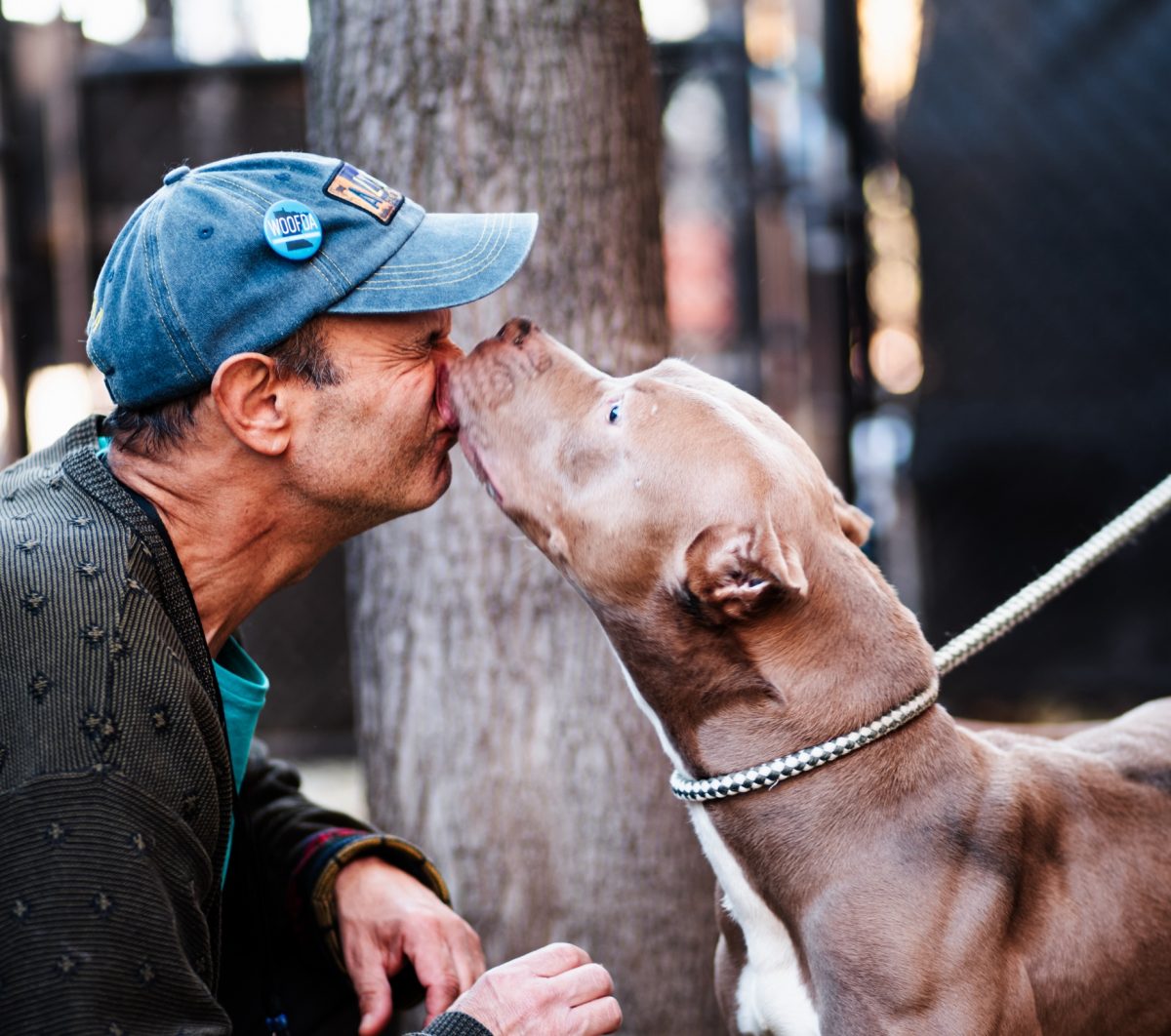
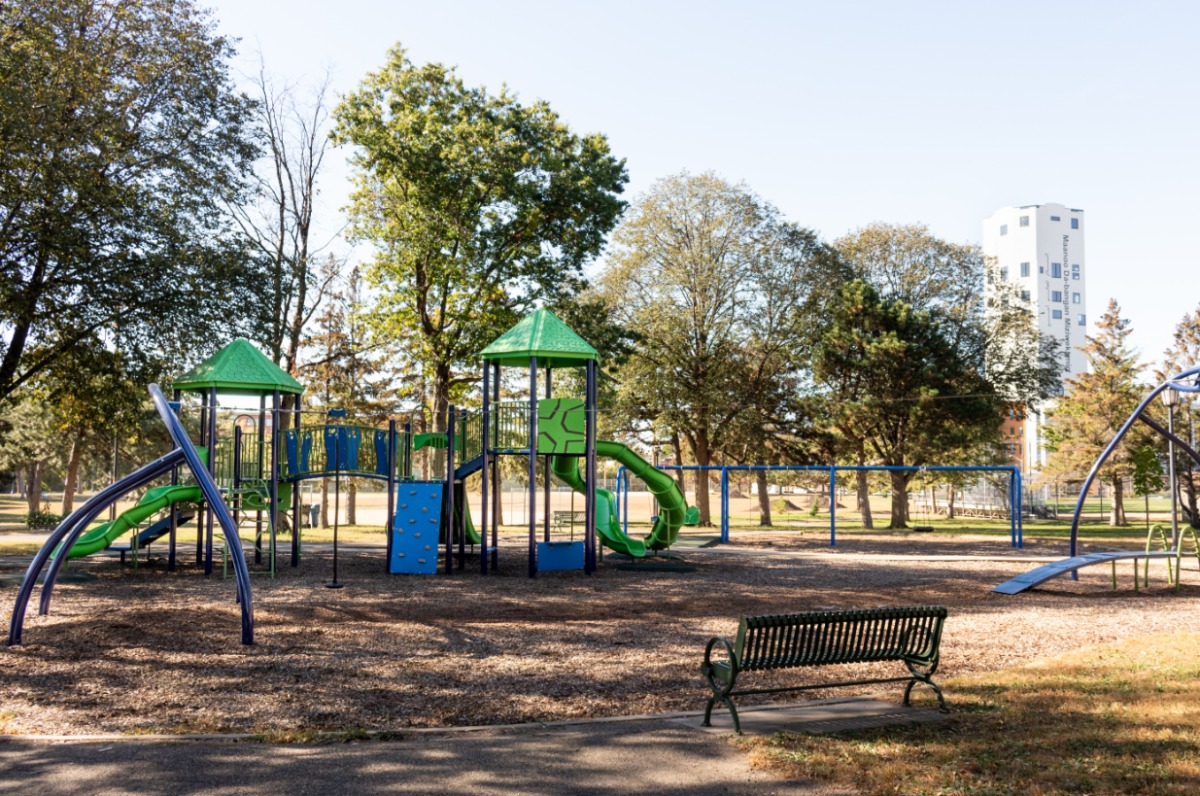
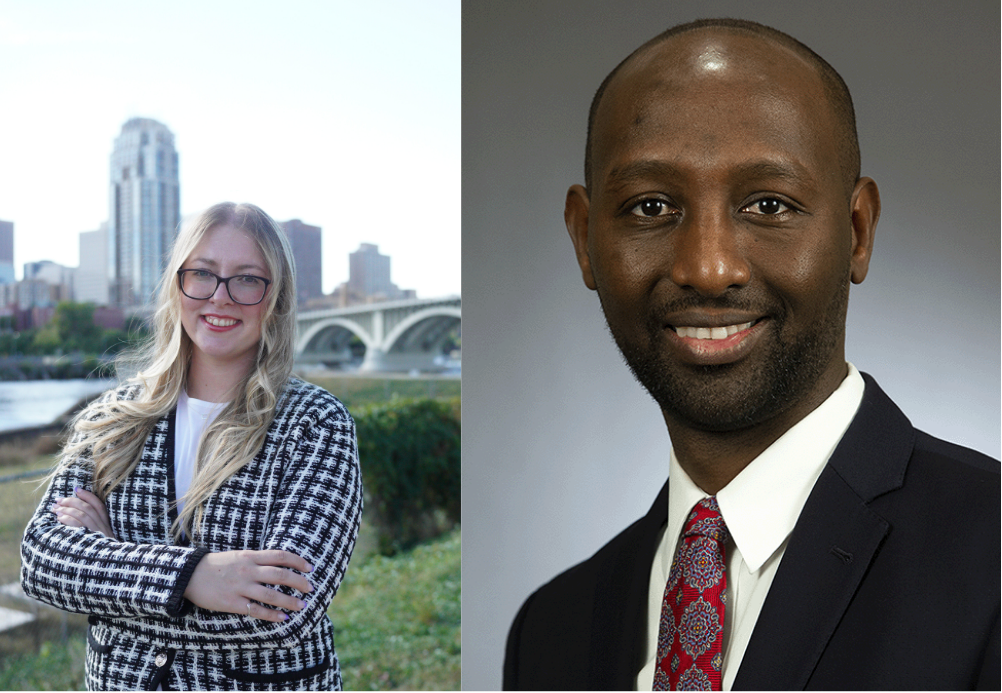
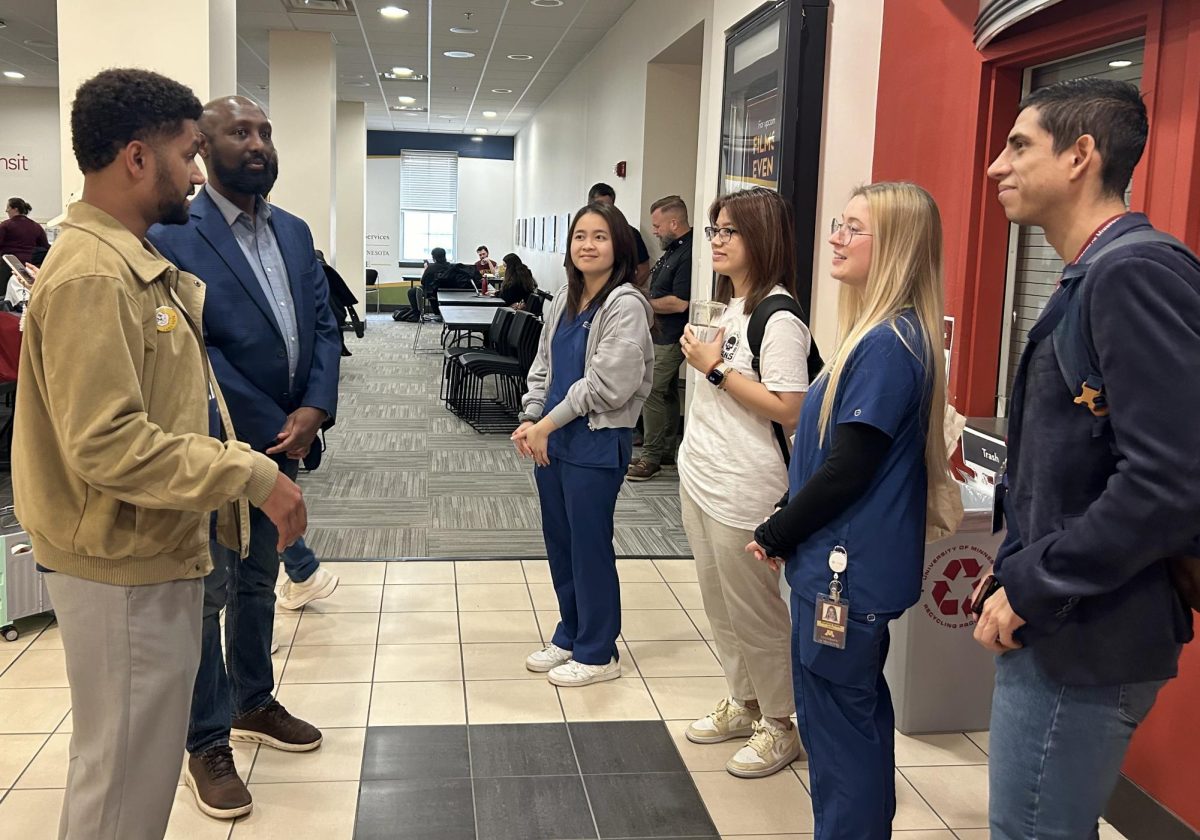


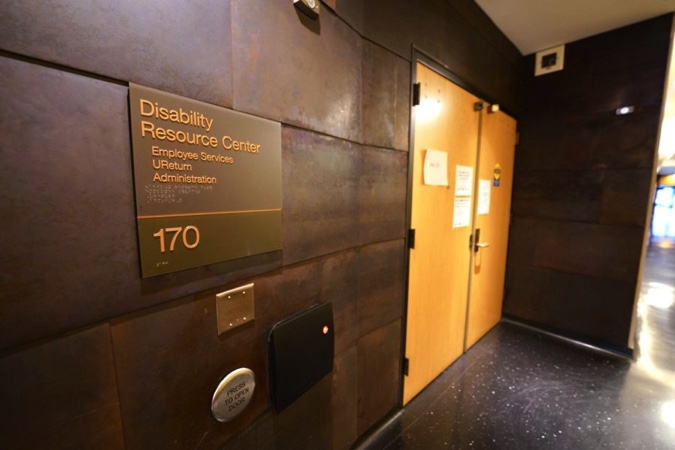
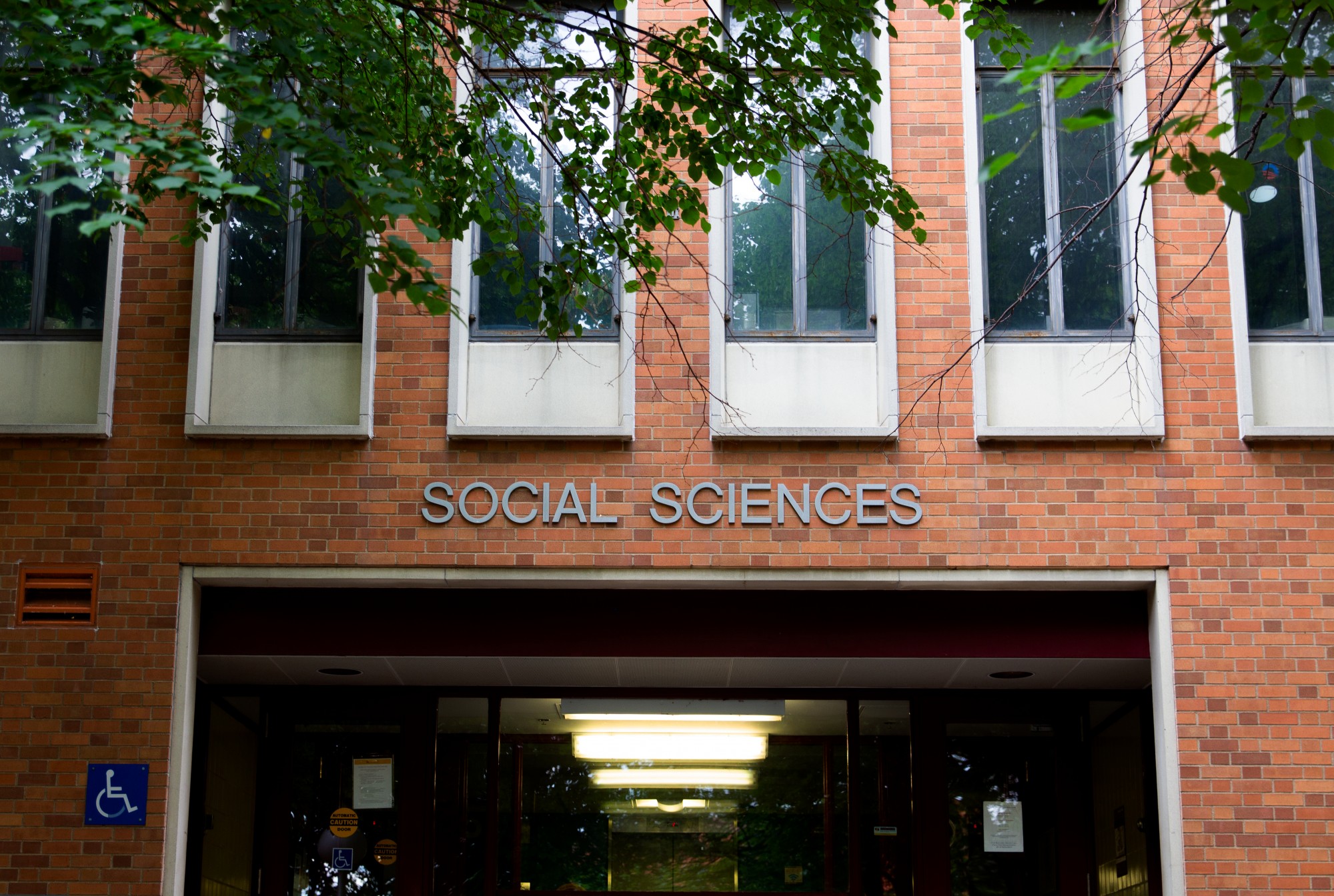
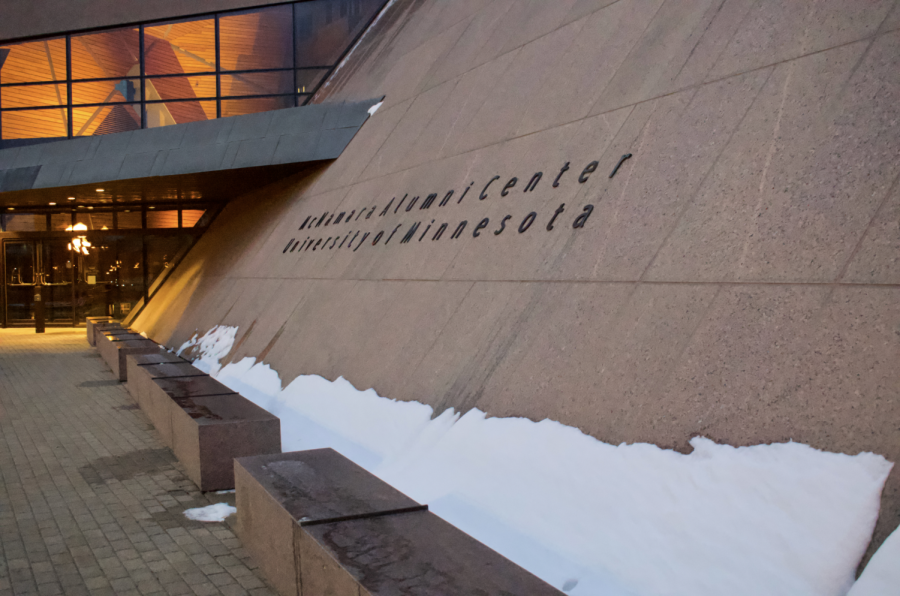

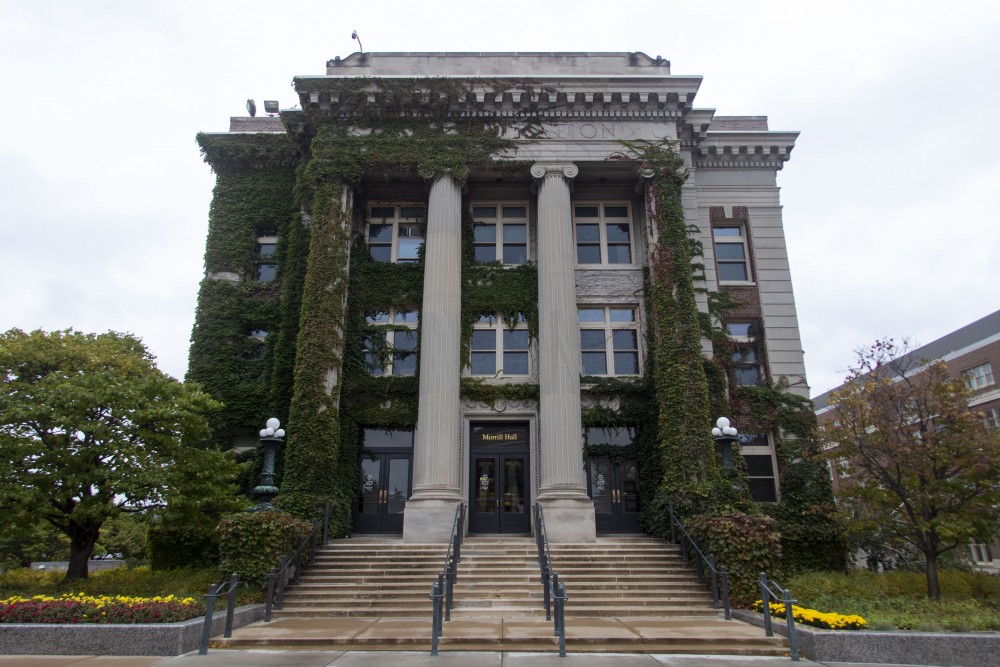
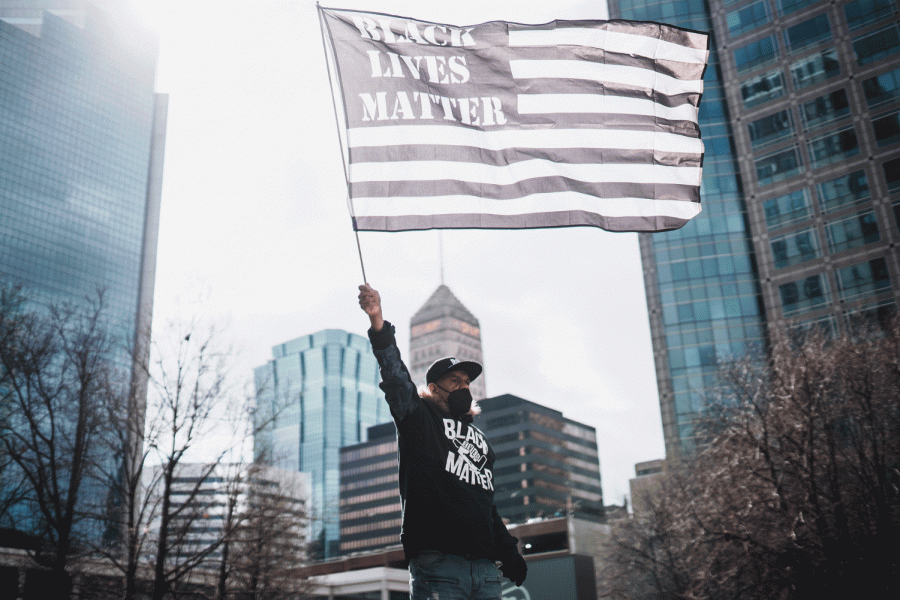
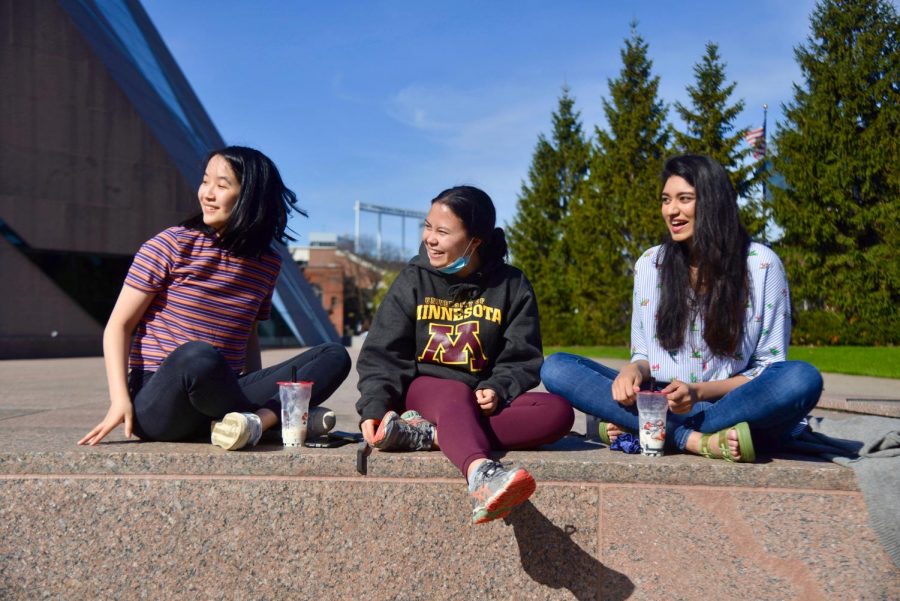
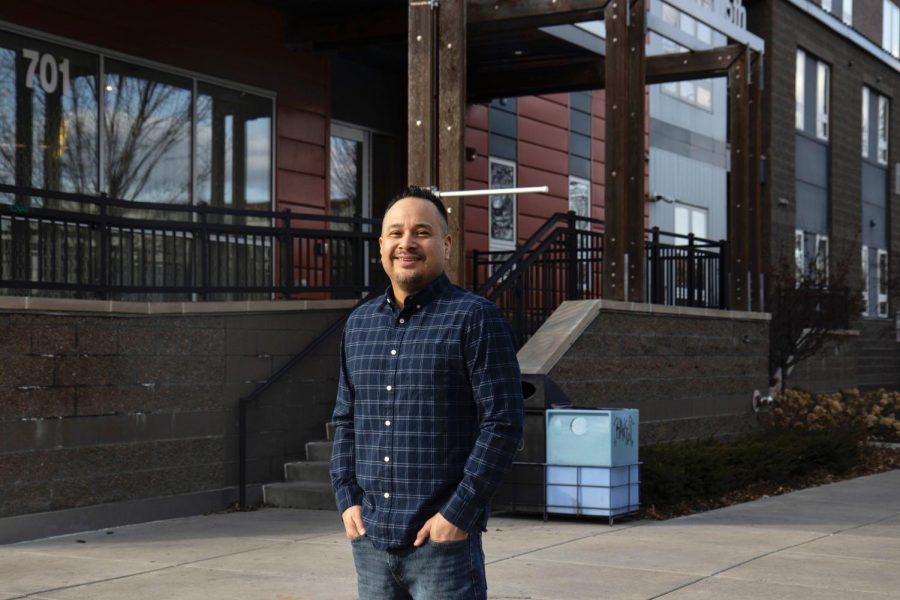
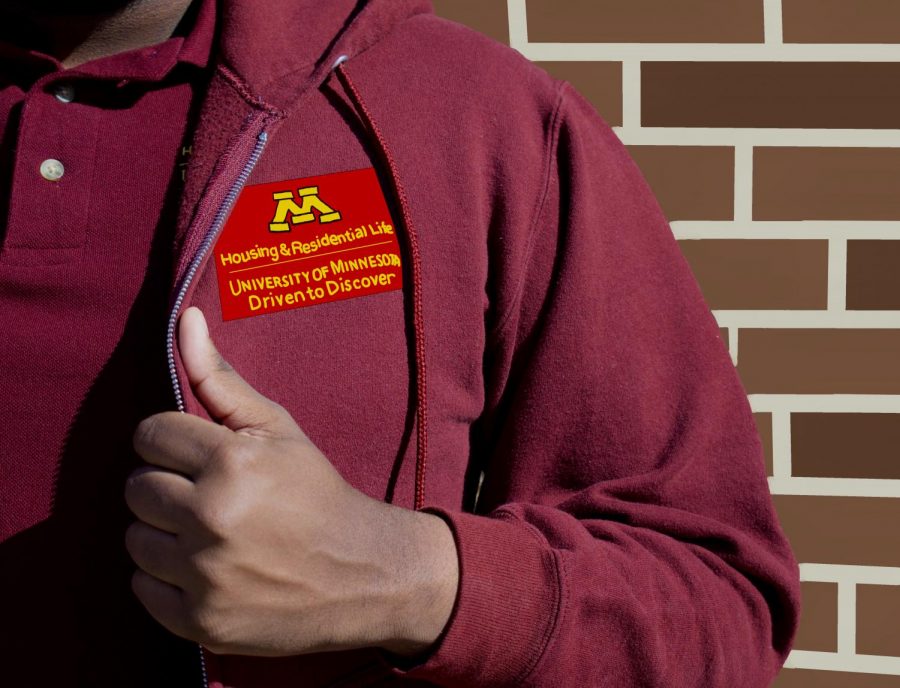
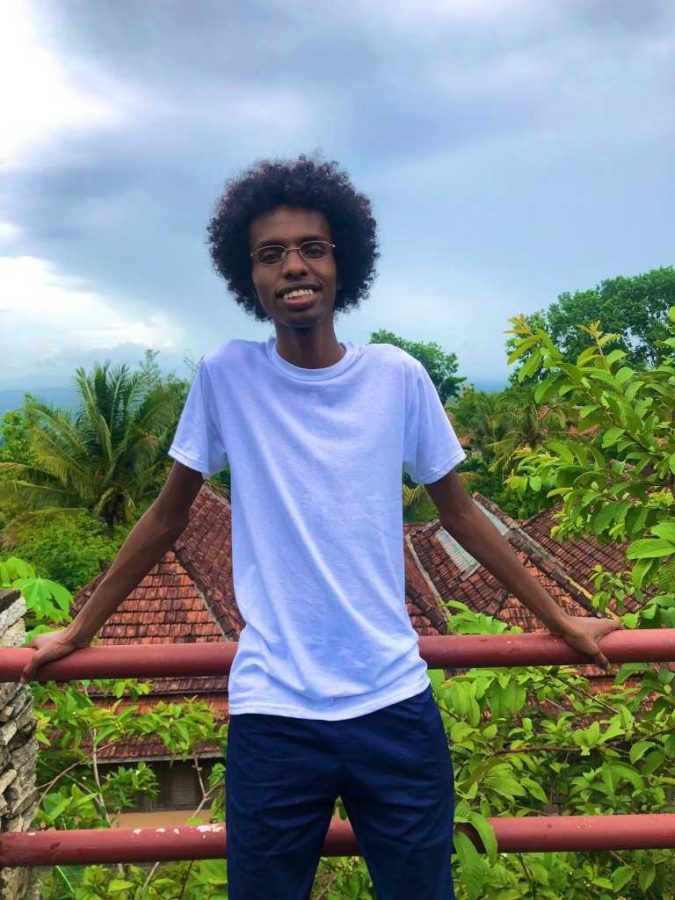
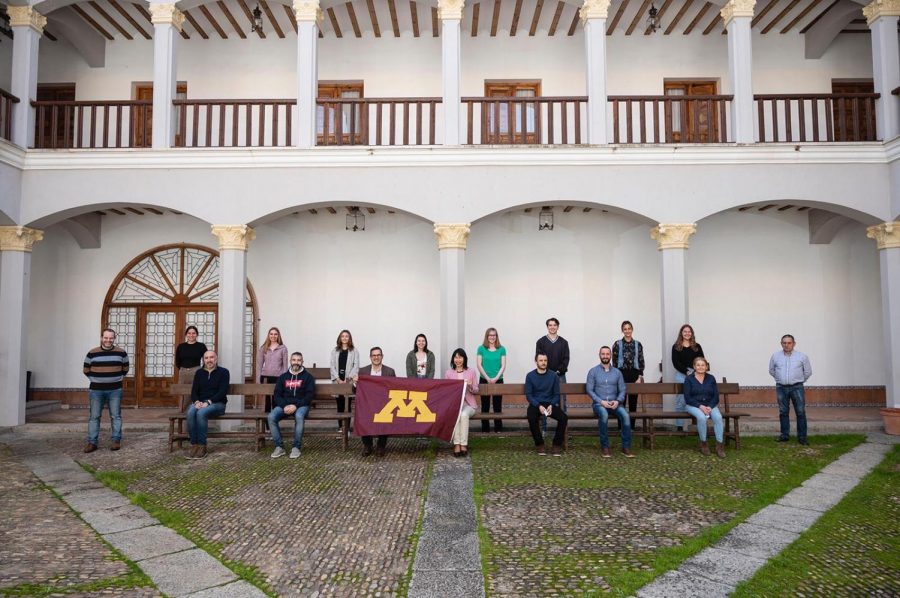
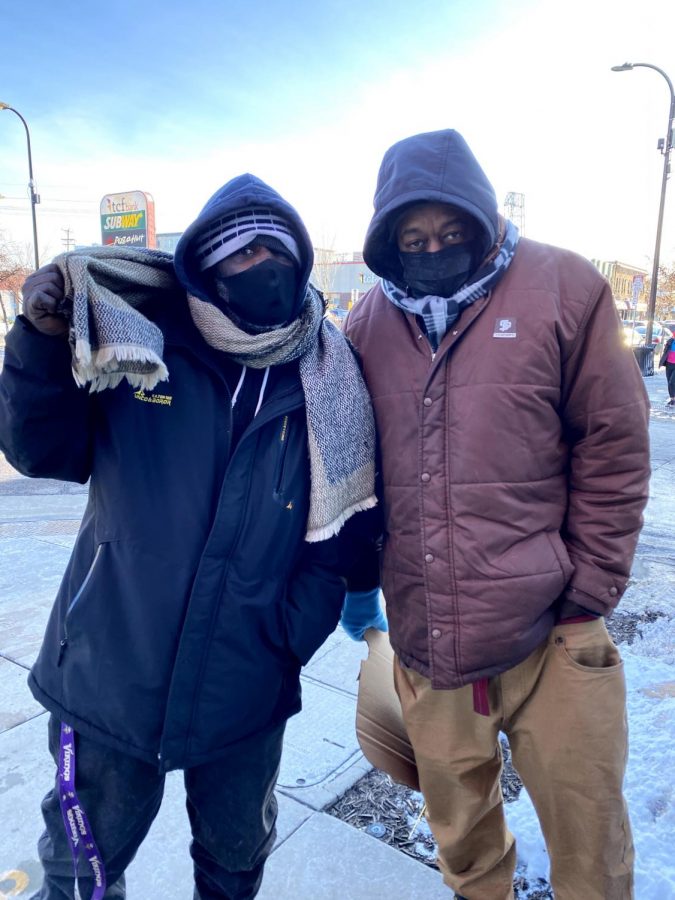
Nah
Oct 2, 2021 at 5:27 pm
It’s not “students” that care about this, it’s a handful of perpetually aggrieved activists losers who speak for no one but themselves.